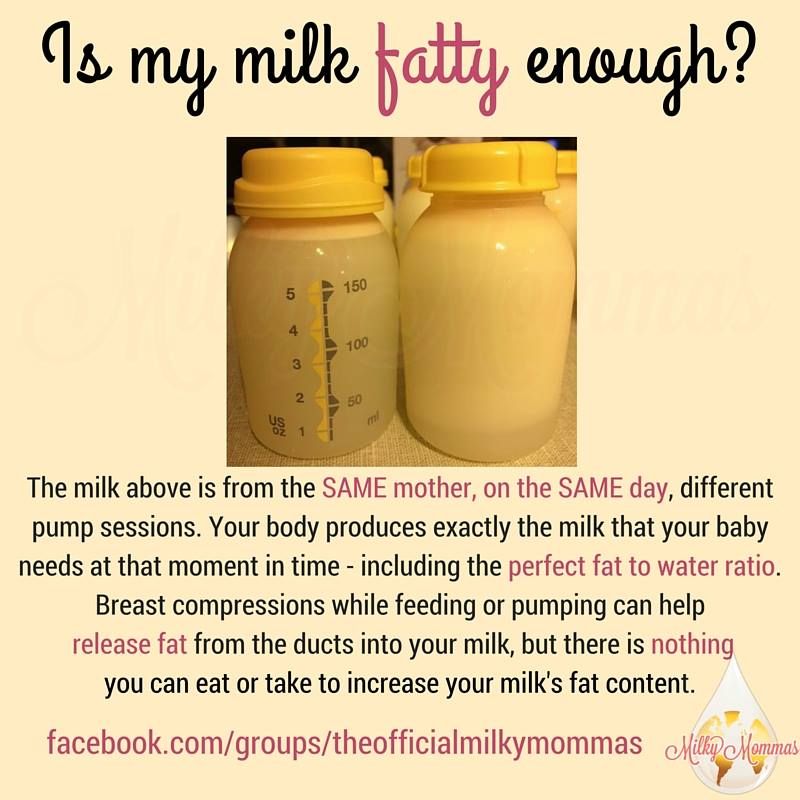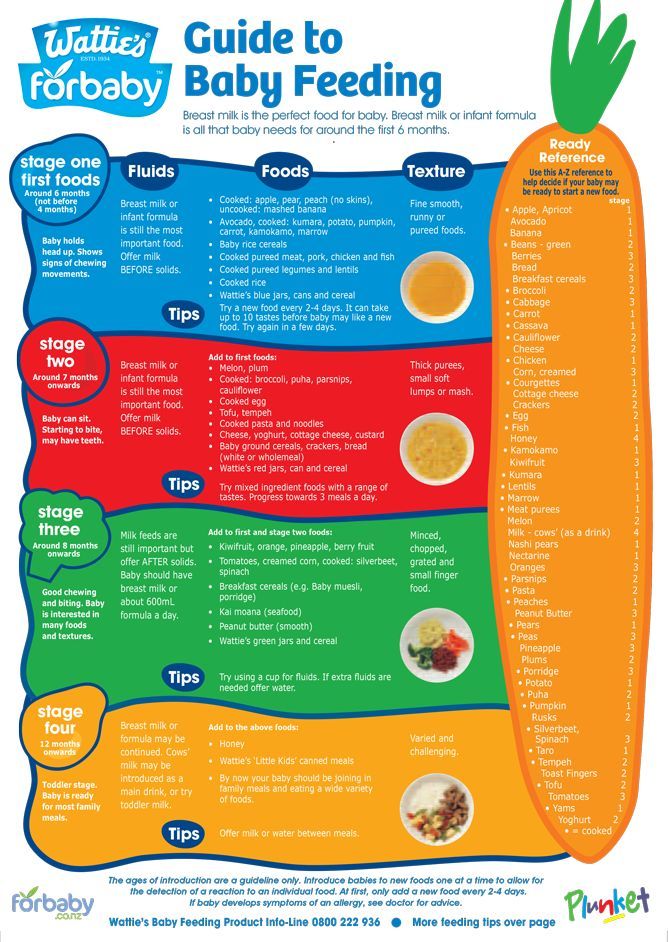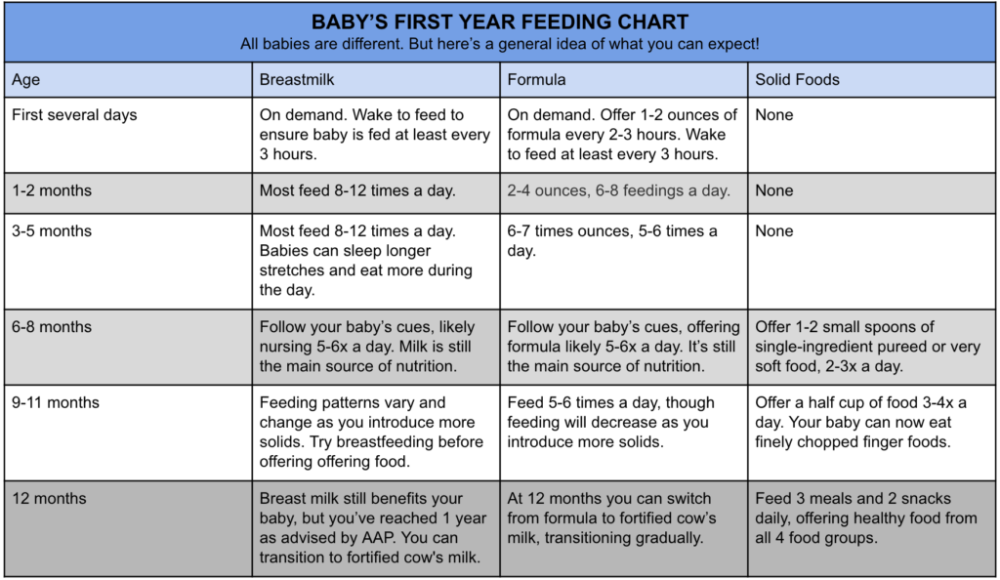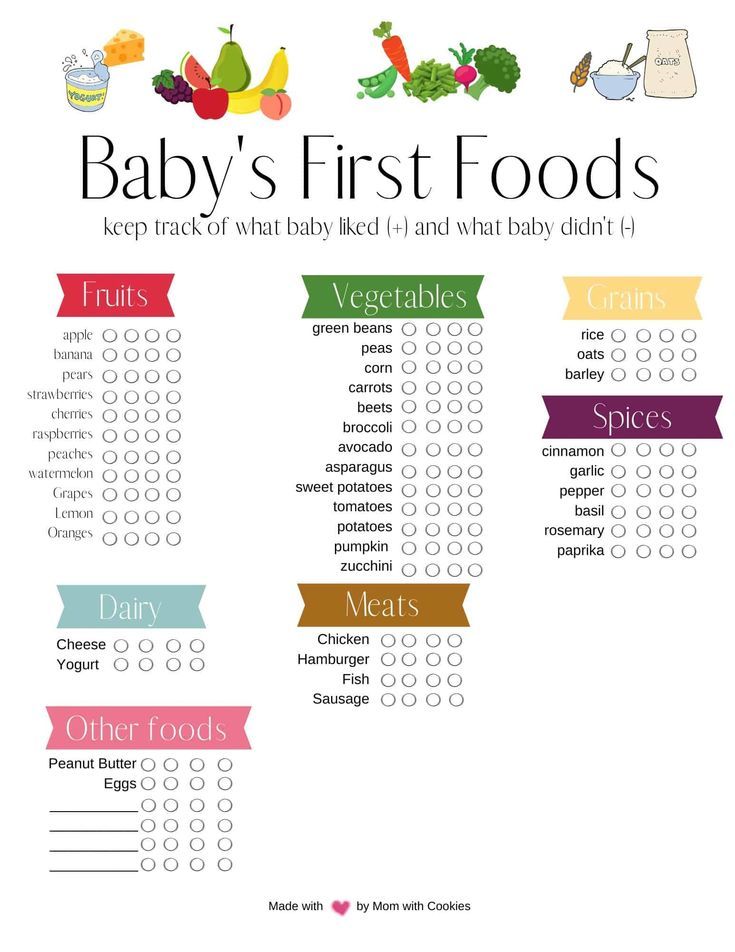When do babies stop feeding to sleep
Breastfeeding My Baby to Sleep
“I have always breastfed my baby to sleep, and this has worked quite well for us. But now that he is seven months old, everyone is telling me that he really should be able to go to sleep on his own by now. I have tried putting him to bed awake but it ends in tears for both of us. I don’t mind breastfeeding him down for a while longer, but I worry about this habit in the long term – I might like an evening out when he is a bit older. Is there anything I need to do now to make it easier later?”
Responses
Janet Wilson, Papakura – Trusting your gut feeling is such an important part of parenting! It sounds like you are feeling the way that is best for you, but are questioning yourself on the opinions of others. If you shut out the rest of the world, can you ask yourself if there even IS a problem? Is there anything that can take the place of you and breastmilk at bedtimes? If it is working for you and your family then it might not need to be ‘fixed’.
When we stop breastfeeding, for whatever reason and at whatever stage, we need to replace the comfort of the breast with something else – Other Mothering. Is there something easier and less stressful, at the moment, than breastfeeding your baby to sleep?
In the early weeks, months and years of mothering there is nothing surer than change – what your baby is doing today may change tomorrow. As they grow and develop at the breast they are learning and observing with you, in their happy place. This stands our children in a great place to be able to take the proverbial big steps (going to sleep without breastmilk, going without you for increasing periods of time, walking…) when they are ready. There are probably lots of things you can try, and there are certainly lots of books written about how to ‘make’ your child do A, B, C. There is, however, no book written for your child. Follow your heart. You ARE the expert on your baby. Kia kaha!
Amanda Riches, Morrinsville – You sound like you are doing a wonderful job meeting your baby’s needs.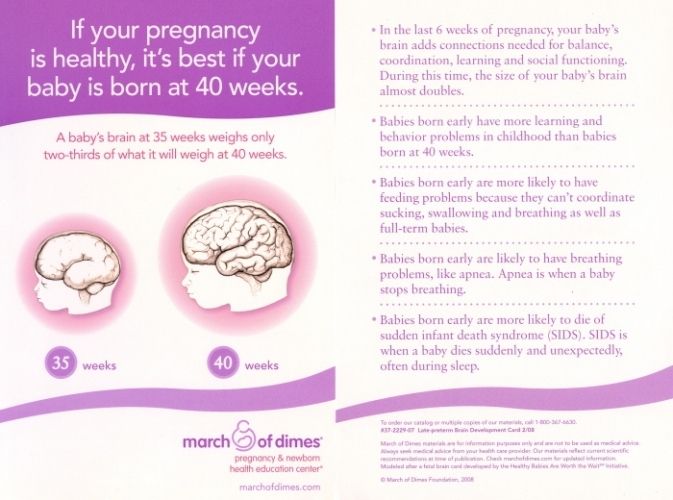 Many babies continue to breastfeed to sleep until they are two years old and even later. Slowly they seem to need it less and less until they fall asleep lying next to you or you just put them to bed one night without that last breastfeed.
Many babies continue to breastfeed to sleep until they are two years old and even later. Slowly they seem to need it less and less until they fall asleep lying next to you or you just put them to bed one night without that last breastfeed.
If you are concerned about the future you can start introducing a sleep signal to use before breastfeeding to sleep, for example singing a song like Twinkle Twinkle Little Star then breastfeed or using a special toy/blankie that is used only for sleep times; place it between yours and baby’s tummy as you nurse to sleep then place it in the cot with him (my daughter had a fascination with my satin nightie so I made a cotton and satin blankie she now rubs between her fingers as she falls asleep).
Also many babies calmly and quietly fall asleep on daddy or grandma with no trouble but if mummy even thinks about trying to get baby to sleep without breastfeeding first, baby may strongly disagree and it turns into a battle with many tears. You can get your partner or mum to start attempting to rock baby to sleep every so often.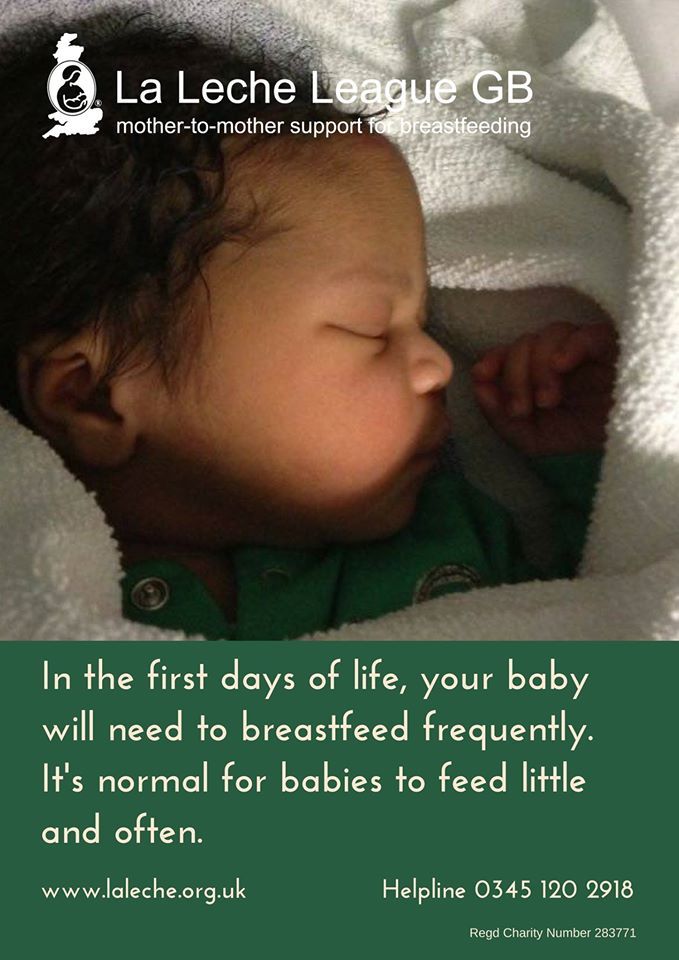 Good luck and don’t let other people tell you what is right
Good luck and don’t let other people tell you what is right
and what is wrong because it sounds like you are doing what feels right for you and your baby.
Lisa Ross, Dunedin – It can often feel like our babies will never outgrow the needs they have now but they truly do, when they’re ready. Often trying to push them to do something any earlier can cause the opposite – for them to cling to us more, need us more. Often if we go with the flow and let them know we are there for them, in return they will let us know when they feel secure enough to move on.
Seven months is still very young and babies don’t understand very much at that age. My baby who fed to sleep till far beyond seven months old, stopped long before she stopped breastfeeding completely and is a confident, independent, bright and easygoing eleven-year-old. Plenty of studies show that babies whose needs are met, become secure independent adults capable of forming healthy relationships.
Chris Gower-Rudman, Rotorua – A little bedtime routine is useful – even at this age. Mum could do the dinner and bath thing before bed, as she may already be doing, and add a bedroom routine such as reading a story (looking at books) or singing a song before feeding baby to sleep. There is nothing wrong with feeding the baby to sleep except for the odd time when Mum may not be there to do it.
It is probably helpful to feed the baby in the room he is going to sleep in, rather than in front of the TV. This helps baby to associate other things beside just breastfeeding with going to bed and sleeping. It would be useful to have the baby’s father help with part of the routine so Dad and baby are familiar with it.
It is also a good idea to talk about what the routine is and if Mum is going to go out, tell the little one what is going to happen eg Daddy (or Grandma/Aunty Sue/teenage neighbour) will read you a story in your room/bed and sing you a song and hold your hand until you go to sleep.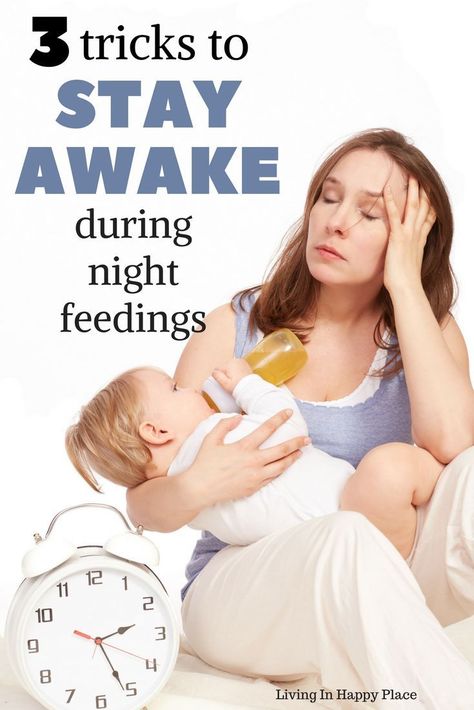 If it doesn’t quite turn out like that, one night out of routine is not really a problem in the grand scheme of things.
If it doesn’t quite turn out like that, one night out of routine is not really a problem in the grand scheme of things.
Enjoy this cosy time with your baby.
Megan Lilley, Tauranga – I always breastfed my first daughter to sleep. It worked for her, me, and my husband. When I did return to some part-time evening work when she was eight months old, he was able to give her dinner, some expressed breastmilk and sit and read with her (or watch rugby) until she fell asleep.
Of course I had to always breastfeed her to sleep! Although I was fine with this, I did think at the time – maybe I would try to do things differently next time. I was a bit envious of not just being able to put my baby to bed and walk away (like it seemed other mothers could do).
Second baby and guess what, I breastfed her to sleep every night till she was four-and-a-half, and apart from her being quite heavy to carry from the couch to her bed at the end of an evening, I loved every minute of it.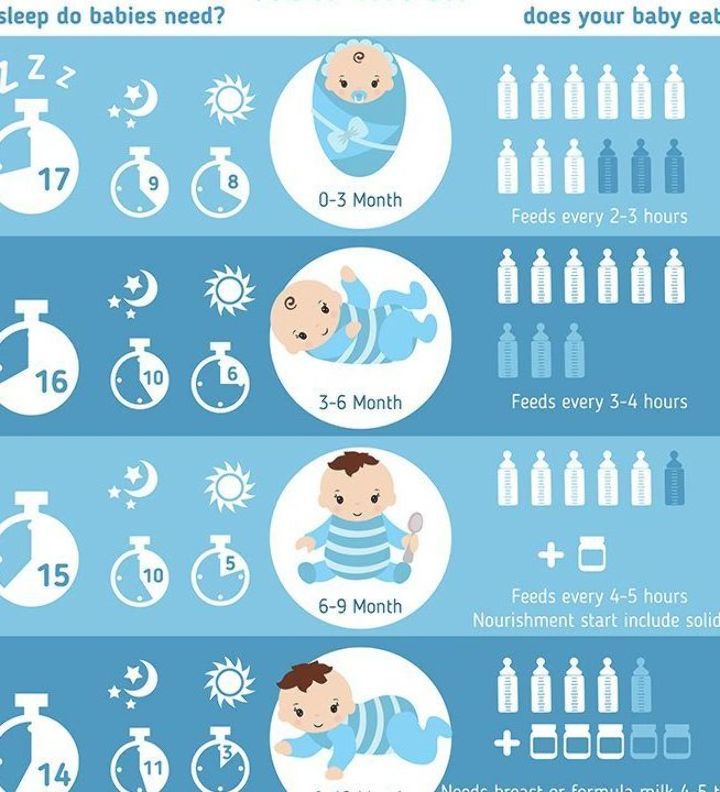 It was our quiet time at the end of a busy day and who doesn’t love holding a sleeping baby/child in their arms?
It was our quiet time at the end of a busy day and who doesn’t love holding a sleeping baby/child in their arms?
Ten years after my first baby, and number three arrived (now two years old). Yes, some days I do think “Oh I wish I could just put him to bed for a day sleep without having to lie down beside him till he drifts off,” but you know what? I wouldn’t change a thing. I am his world and he falls asleep in my arms every day and night, touching my skin in his milky bliss. There are never any tears or tantrums. There is no stress. For the 14 other hours of his waking day he is dynamite and I struggle to keep up with his energy and behaviour. For the times that he is breastfeeding off to sleep he is perfect in my arms, loving, gentle, warm, sleeping and still. I treasure it every day and I would do the same again if there ever was a next time round.
Breaking the cycle of feeding to sleep
There’s something special and awfully sweet about your new little bundle falling asleep in your arms as you’re feeding them – happy, warm, and content with a belly full of milk and a drunk smile on their face… What’s usually not so sweet is when you’re still trying to do that months later.
The aforementioned scenario is a prime example of falling asleep feeding – but what’s important to understand is that this differs hugely from feeding to sleep. Falling asleep feeding is when your baby has a full feed, unlatches themselves, and nods off dopily and contentedly.
It’s incredibly common in the newborn days but happens among those in older age groups too – especially at that bedtime feed, when their biological drive to sleep is strong and you’ve set the scene for relaxation.
Feeding to sleep on the other hand, is a more conscious decision. Your baby finishes feeding and you stay stock still – sitting and holding them until they’ve well and truly nodded off; only putting them down when they’re fast asleep. That in itself is not necessarily a problem – but many parents feel like they can’t stop with this approach even if they want to as they don’t have any other way to get their babies to sleep.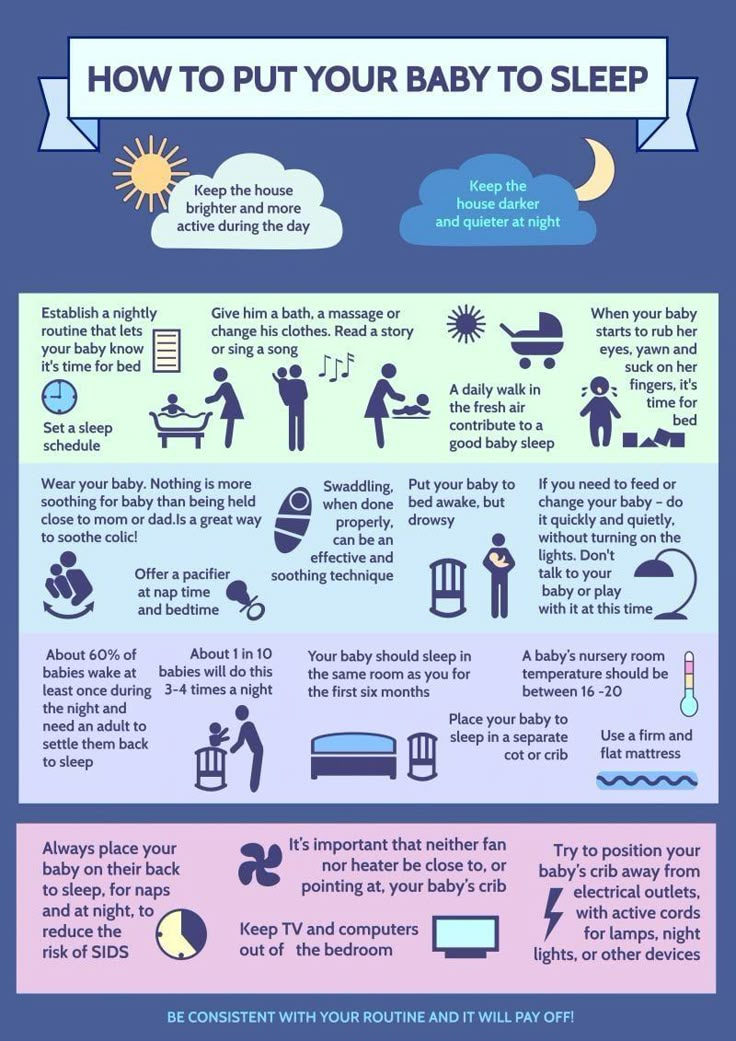
Creating a feed to sleep association can cause later challenges too, as we’ll explore shortly.
By way of a disclaimer I would say that if feeding to sleep works for you then, by all means, keep doing it. However, if it doesn’t work for you, and you’re tired, there is another way.
But first, how do we get stuck feeding to sleep?It can be hard to immediately recognise a feeding to sleep association. It can creep up on us unawares when we’re doing what we’ve always done.
In fact, feeding to sleep only starts to become a problem after the four month mark, as our babies physiologically outgrow it as a strategy. You see, as babies get older, being fed becomes overstimulating and they aren’t able to settle into such a deep sleep.
Sometimes the creation of a problematic feeding to sleep association begins exactly this way; carrying on as a continuation from those newborn days where we focus on feeding lots, responding immediately, and not giving a lot of space to start learning to settle.
Other times, it’s a result of something external causing frequent waking during the night, whether that be illness, teething, or just the development of baby’s own circadian rhythms. We feed them to get them back to sleep more quickly and easily during the night and, before we know it, we’re stuck in a habit loop.
Signs you might have a ‘feeding to sleep’ association- If you’re doing frequent feeds during the night beyond the newborn weeks. Once supply is established in breastfeeding, most babies only need feeding 1-2 times during the night. Experts agree that a healthy baby over 4kg can go 4 hours between feeds, so this equates to only a couple of feeds overnight.
- If your baby refuses or only snacks lightly for their first feed of the morning. We’re supposed to wake up hungry, so if your baby doesn’t they are likely getting too much milk overnight.
- If your baby is having bigger feeds at night than they do during the day. This is called ‘reverse cycling’ and it’s where babies get their calorie consumption around the wrong way.

Reversing the cycle
Reverse cycling as a result of feeding to sleep can be a difficult challenge to change. It’s not just as simple as dropping or refusing to give night feeds, as babies in a reverse cycle are dependent on these to make up their intake.
Nor can you simply feed your baby up more during the day, as some suggest. Babies are perfect little calorie controllers and they won’t overeat, so it’s not possible to overfeed them to see them through.
So how do you break the association? Simply by teaching them to self-settle to sleep on their own. However, this is best done gently.
If you’ve been feeding to sleep for some time, you have been a massive part of how your baby settles to sleep. Just removing you cold turkey – as in a cry it out method – is often too extreme.
Gentler, hands-off methods are generally more successful. And we say hands-off so that we’re not replacing one sleep prop (feeding) with another (patting or rocking).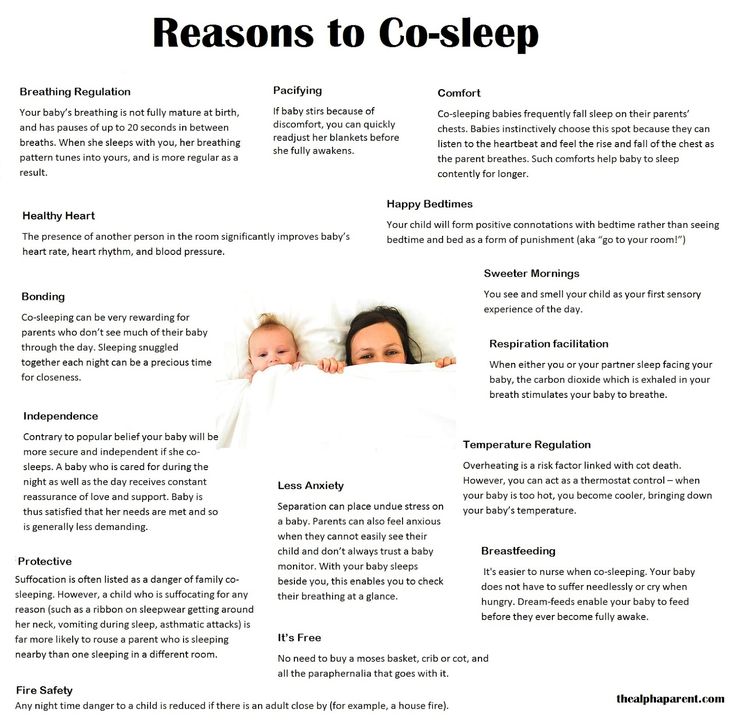
We likely don’t need to tell you this first one; consolidating your baby’s night sleeps leads to longer stretches of sleep for them, which means longer stretches of sleep for you.
That makes for a happier household all round! You and your baby are both likely to wake up happier. Once they learn to link their sleep cycles at night, your baby will also start to nap better during the day.
The benefits aren’t just sleep-related though. Babies who don’t rely on feeding to sleep (nor wake to be fed back to sleep several times overnight) eat better during the day.
They’re less fussy on the breast during the day, and the road to starting solids is smoother. Babies who are taking in more of their calories in their overnight feeding parties can be tricky to take to solids.
This means they often miss out on the extra iron and protein their growing bodies and brains need and the chewing practice that aids in speech development.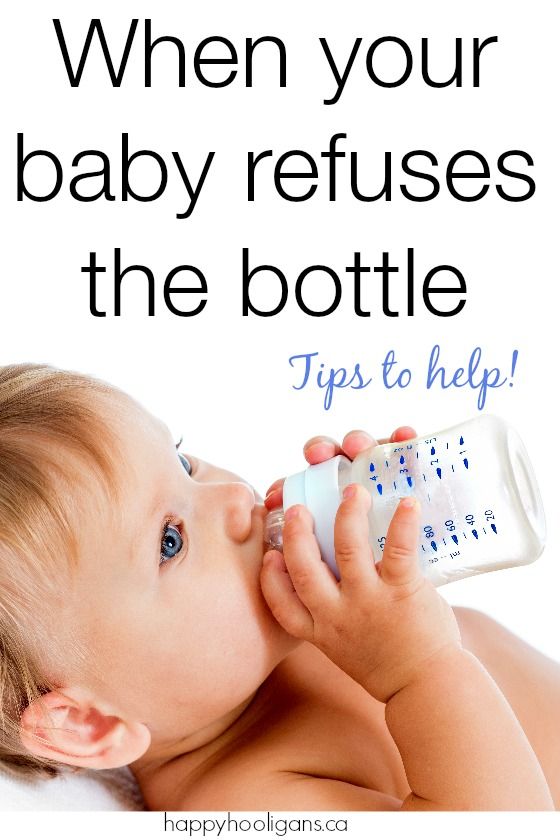
While it’s normal for babies to fall asleep feeding, a feed to sleep association is best avoided once babies get past the newborn stage. While you don’t have to vigorously wake them after their bedtime feed, you also shouldn’t have to treat them like a china doll.
Prop them up for a burp (however dopily they do it) and then tuck them into bed as you normally would. The frequent overnight wakings can employ another strategy. Give one of our consultants a call to talk through the right approach for your family – and your unique small human. Happy sleeping!
Emma Purdue
Emma is the owner and founder of Baby Sleep Consultant, she is a certified infant and child sleep consultant, Happiest Baby on the block educator, has a Bachelor of Science, and Diploma in Education. Emma is a mother to 3 children, and loves writing when she isn't working with tired clients and cheering on her team helping thousands of mums just like you.
Our Baby Sleep Program helps tired parents TO DEVELOP HEALTHY SLEEP HABITS BY FOCUSING ON NAPS, SETTLING AND NIGHT SLEEP.

- Empowered: Feel empowered as a Mum as you learn to understand your growing baby's needs and cues.
- Simple effective settling: Gentle, proven self settling, evidence based techniques.
- Content happy baby and parents: Better sleep creates content babies & happy parents.
- Freedom: Predictable routines and longer nights creates freedom. Solve your sleep problems for more freedom.
- Work with your babies circadian rhythm: Work with your babies biological clock for faster easier results.
- Awesome naps & nights: You'll create consistent naps and nights with our support.
Try our online sleep program, complete with FREE email support.
0-3 months
3-8 months
9-18 months
18 months - 4 years
My baby has reflux can you help?
When your baby has reflux, feeds can be difficult and your baby can be in a lot of pain both during and after feeds. This pain can cause feeding aversions and failure to thrive. This is why true GERD (Gastroesophageal reflux disease) needs to be treated by a doctor. Once your baby's doctor is satisfied your baby is feeding well, and you have the right medication or formula then we can start a sleep plan and you will be successful.
This pain can cause feeding aversions and failure to thrive. This is why true GERD (Gastroesophageal reflux disease) needs to be treated by a doctor. Once your baby's doctor is satisfied your baby is feeding well, and you have the right medication or formula then we can start a sleep plan and you will be successful.
My baby has colic will this help?
Colic is defined as 3 or more hours of crying per day in infants. Crying subsides in the second second trimester. If you are still experiencing colic symptoms speak to your baby's doctor about whether this could be reflux, an allergy, or over tiredness. We can help you work on better sleep with this program at the same time as your doctor investigates the pain and crying.
What if the program isn't working?
We have a dedicated help line to ensure your success. Just email our team via the details in your program and a certified, experienced and friendly sleep consultant is ready to stare you in the right direction to ensure your success!
My baby was born early, can you help?
Sleep is neurological so we always work off your babies neurological age, that is their corrected age. When you look at our sleep programs purchase the program that your babies corrected age fits into.
When you look at our sleep programs purchase the program that your babies corrected age fits into.
What if I have questions or need more help?
Our sleep programs come with private email support. You don’t have to post in any public forums or groups, just email the exclusive helpline that our team of certified sleep consultants look after and we’ll answer all your questions and help you on your way.
Can this program help with my babies night sleep?
Yes, all our online sleep programs contain night sleep plans. We will teach you how to move from multiple night feeds to 2 or 1 or none (depending on what is age appropriate and appropriate for your baby.) Don’t worry we will show you to figure this out too. If your baby is unsettled at night but not feeding, our plans will help you with consolidate night sleep and self settling when age appropriate.
My baby is cat napping can you help?
Cat napping is a very normal physiological stage that your baby goes through. At this stage (3-8 months old), cat napping can start to be a long term issue and compound into over tiredness and affect night sleep and your babies happiness. Good news, this is a great age to work on re-settling, self settling and better longer naps!
At this stage (3-8 months old), cat napping can start to be a long term issue and compound into over tiredness and affect night sleep and your babies happiness. Good news, this is a great age to work on re-settling, self settling and better longer naps!
I have 3 children, can this work with my family?
I totally understand how busy life is with 2, 3 or more children! Even if you need a flexible schedule we can still work on settling regular naps (some on the go!), and better evenings and night. Flick our consultants any specific questions about your family's schedule of activities and we can help you work out what is possible nap wise.
I don't want a fixed routine, can you still help?
Yes. A fixed routine is one option, regular naps and regular awake times is another. Both are valid and you are welcome to do what works for your family. We understand you are all different and what works best for one family won't be best for another.
I'm formula feeding, can you still help?
Yes we have specific advice for formula feeding parents, and we support your decision to feed any way you choose. We even have a special video series on formula feeding and everything you need to know. Just ask our consultants about this extra if you need it.
We even have a special video series on formula feeding and everything you need to know. Just ask our consultants about this extra if you need it.
I'm exclusively breastfeeding, can I follow your plans?
Yes! While breastfeeding babies need to feed frequently they still need quality sleep day and night. We have specific advice for breastfeeding mums and an exclusive discount on Julia Daleys breastfeeding course if you need extra help.
I'm bed sharing, can your program help me stop?
Yes. We often fall into bed sharing, we call this reactive bed sharing. Or we have simply changed our mind, and moving on from bed sharing we need some support. Our programs and consults will guide you through gentle sleep methods, which are more appropriate for most bed sharing babies who are moving towards independent sleep in the cot.
I'm feeding to sleep, can you help me stop?
Yes. Feeding to sleep is a common sleep association and one that works well for lots of newborns. Often we need to move on from feeding to sleep when it starts to cause short naps, or prolonged settling or frequent night wake ups as baby looks for their association to go back to sleep over and over again at night. We can teach you how to teach your baby to self settle and move on from feeding to sleep when the time is right.
Often we need to move on from feeding to sleep when it starts to cause short naps, or prolonged settling or frequent night wake ups as baby looks for their association to go back to sleep over and over again at night. We can teach you how to teach your baby to self settle and move on from feeding to sleep when the time is right.
I'm rocking to sleep, is their a solution?
Yes. These are common sleep associations, we refer to this as assisting to sleep. Let us show you ways you can develop independent sleep and settling strategies with our online sleep program, or one on one consult.
Is this program based on Cry It Out?
No. Cry it out is the common name for a sleep training method where you put baby down and don’t respond or check until they are fast asleep. There is no CIO involved in this program as we feel this should be only done under proper supervision. Instead we have included all our very gentle approaches and more mainstream techniques for you to choose from.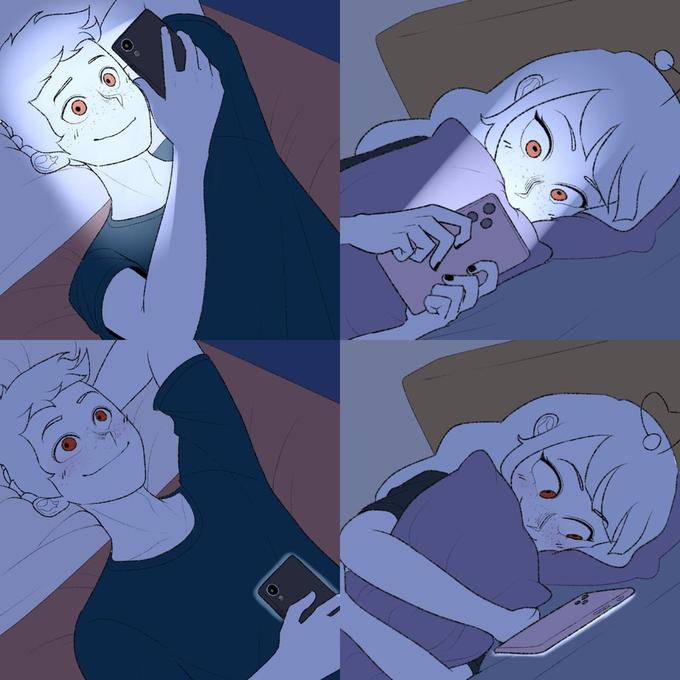
Is this based on Science or Art?
Both! As a scientist I (Emma) have spent over 8 years researching the science of sleep. I have educated and certified over 500 consultants around the world as sleep consultants, and have worked with thousands of clients. I love the scientific explanations of why we see the sleep patterns we see, and this science helps us to shape plans and solutions that we know will work. But there's an element of art to getting a baby to sleep, understanding the right combination of things that will work best, and this is where your instinct comes in.
Read about normal biological sleep patterns HERERead about gentle but effective sleep training HERE
When will my child start sleeping at night without waking up?
Interest in the world beyond the crib
When the baby starts sleeping at night without waking up is a very individual matter. By responding to the needs of the child, parents can help promote healthy sleep for the child.
By responding to the needs of the child, parents can help promote healthy sleep for the child.
Starting at about 6 months old, children no longer need nighttime feedings, as at this age the rhythm of hunger and satiety in a healthy child stops at daytime. Brief awakenings at night are quite normal. Ideally, babies fall asleep quickly and on their own again.
Awakenings can have many causes
Note that waking up or crying at night can have many causes. Along with hunger, thirst, and a wet diaper, there are occasional periods (teething, infections, or an eventful day) when the baby changes his habits: wakes up, babbles, or again asks for a breast or a bottle. Some babies cry when they need attention and care, or when they need to relieve some stress. Unfortunately, there are no guarantees for an uninterrupted night's sleep for your baby. It also happens that the baby, who until now slept well and did not wake up at night, suddenly starts waking up again at night.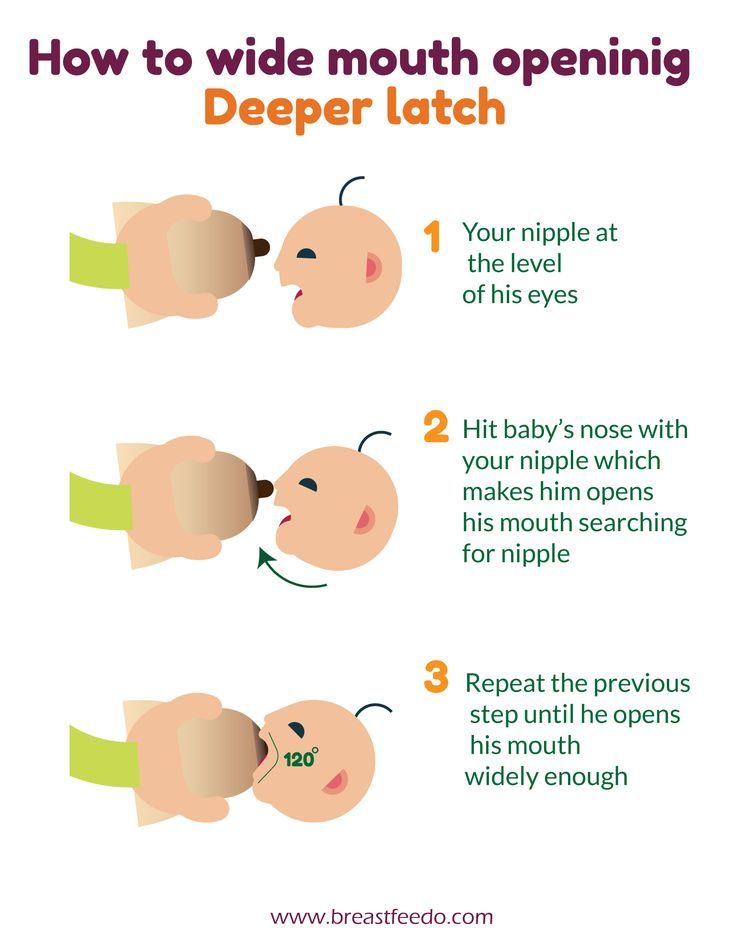 Basically, it's just a temporary thing.
Basically, it's just a temporary thing.
A regular daily routine is very important
A regular daily routine is important with regular meals, sleep duration and other activities such as walking. Repetitive rituals such as bathing, feeding, evening fairy tale, lullaby, as well as a calm atomosphere always have a calming effect.
Patience Needed
Don't lose patience if your child doesn't find his sleep rhythm right away. Miracles do not happen! You cannot control your child's sleep. However, you can help your child develop a regular rhythm by ensuring healthy sleep. Do not be discouraged if other children have allegedly been sleeping at night for a long time without waking up. This concept is relative, because, as for infants, we can talk about continuous night sleep even if they sleep from midnight to 5-6 in the morning. Parents of young children, as a rule, should tune in to the fact that in the first 3-4 years of a baby's life, their nights will be restless.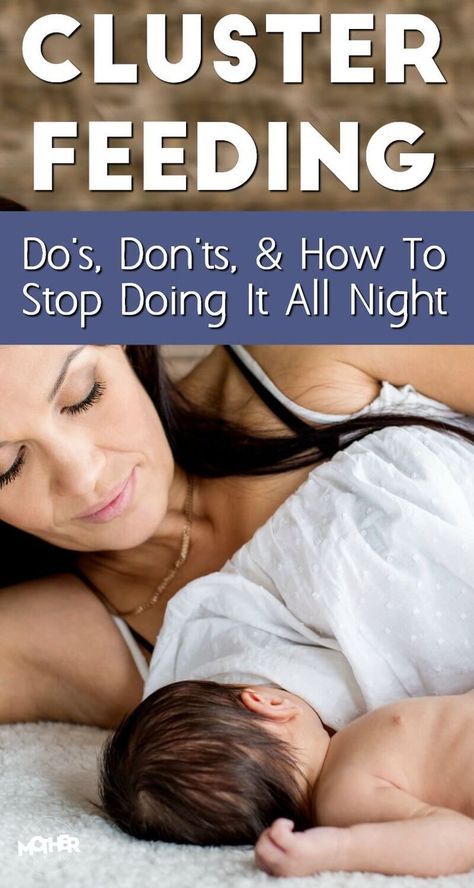
Learn more: Tips
Video: Weaning advice - OB tips Video: Baby massage Diet planFood and drinkDigestion for your babyOn vacation with your baby baby? Do I need to feed my baby at night? When will my baby start sleeping at night without waking up? Tips for improving your baby's sleep
Baby crying Motor and speech
Choice of complementary foods
No age restrictions from the first daysfrom 1st monthfrom 4 monthsfrom 5 monthsfrom 6 monthsfrom 7 monthsfrom 8 monthsfrom 9 monthsfrom 10 monthsfrom 12 months
puree from 4 months - Vegetable puree from 5 months - Vegetable puree from 6 months - Vegetable puree from 7 months - Vegetable puree from 8 months Fruit puree - from 4 months - from 5 months months - from 6 monthsMeat purees - Meat pureesMeat and vegetable menu - from 8 months - from 12 monthsFish and vegetable menu - from 9Soups - from 6 months - from 7 months - from 8 months - from 12 months - From 18 months "Good night" in jars - Cereal porridge with fruit in jarsDrinks - Health drinks - Granulated teas - Tea bags - JuicesCookies - Cookies
until what age should children sleep during the day and whether to cancel after 2 years
06. 11.2018
11.2018
37751
15
Daytime sleep
1.5–3 years
Author of the article
Anna Sukhikh
Anna Sukhikh
Senior sleep consultant, supervisor, lecturer
Mother of three children Children are born with an immature nervous system: they are not ready for long wakefulness and quickly overwork. Therefore, babies need to sleep during the day, and the younger they are, the more times during the day they will sleep.
The child grows, the time of wakefulness that is comfortable for him increases, and daytime sleep decreases. The age of 12-18 months for most children is the time to reset the second dream and switch to one daytime nap. The regime, to the great joy of the parents, is becoming stable. But a new question arises: "How long will it last?" Until what age should a child sleep during the day?
Child's crisis calendar
To begin with, let's look at the benefits of daytime sleep for children:
- Studies have shown that daytime sleep is very important for the harmonious emotional development of a small person.
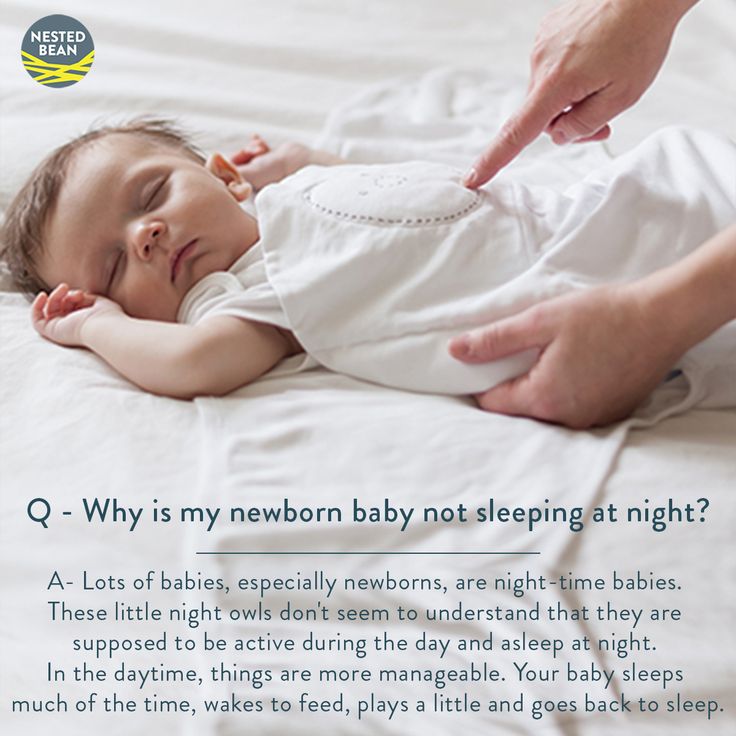
- During the daytime rest, the baby “reboots” the nervous system, copes with new impressions and assimilates the information received.
- Sleep during the day improves the concentration of children's attention and increases the ability to learn.
- Children who do not sleep during the day, as a rule, meet the evening in a bad mood due to overwork.
- Thanks to daytime sleep, children usually go into the night easier and sleep more peacefully until morning.
- A baby’s daytime sleep is a time when a mother can exhale before the next “march” and treat herself to hot tea, for example.
Refusal of daytime sleep around 2 years old
Quite often at 1.5-2.5 years old the child suddenly starts to resist going to bed - jumping in the crib, screaming, does not want to lie down.
Sleep deprivation at this age most often has psychological causes.
The child learns speech and the word "no", which makes it possible to consciously refuse - an unprecedented freedom for a small person.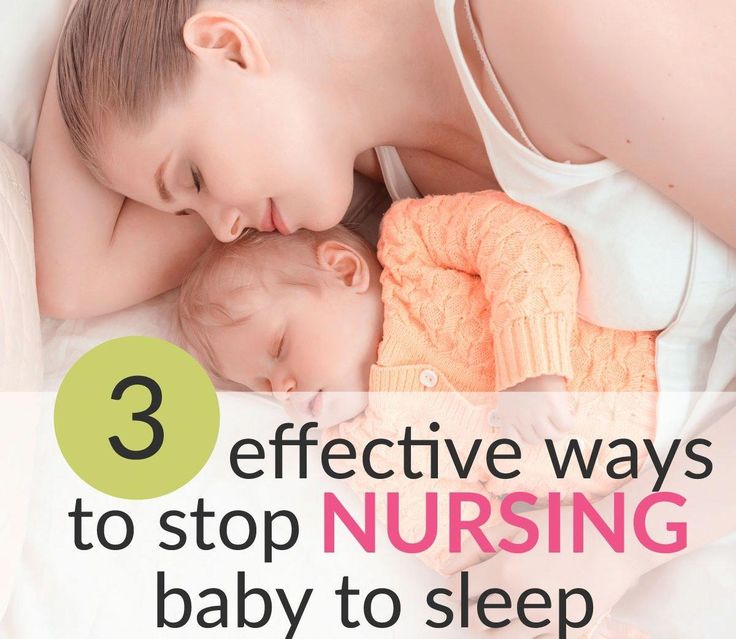 And, having mastered it, the baby begins to actively check the boundaries. Where can you say "no"? How will mom and dad react to this? Daytime sleep can also become a victim of the word “no”.
And, having mastered it, the baby begins to actively check the boundaries. Where can you say "no"? How will mom and dad react to this? Daytime sleep can also become a victim of the word “no”.
What parents should do if their child refuses naps
First try to overcome this refusal with three BabySleep tips :
- Since the problem is related to natural causes - the development of the child - the task of parents is to somewhat reconsider their attitude towards the grown-up baby. The child needs more freedom, and it is necessary to give it, but not in everything, but in those matters in which the child is already ready to bear responsibility, or where the parents are ready to accept any choice of the child (“Do you want cookies?”). And in key moments, the decision remains with the parents.
- Offer your child a choice and respect his decision. It will be easier for a baby “satiated” with freedom to agree to your rules when it comes time to put him to bed.
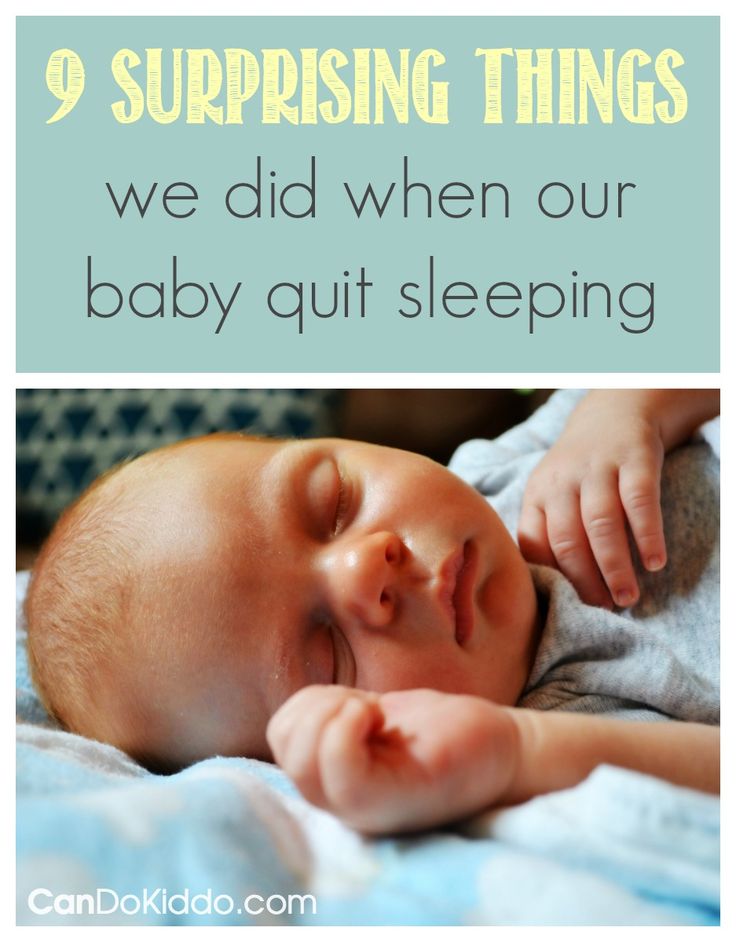
- Prepare for sleep properly: schedule more time for quiet games, darken the room if possible, and include a relaxing ritual.
- Don't be afraid to use little tricks ("Just lie down for a while, mom is tired") to keep the baby in the crib - after all, some fidgets just need to lie still for a few minutes, and they will fall asleep.
If you still can't get to bed...
Be aware of your overall need for sleep. If the child has stopped sleeping during the day, it is important to ensure that he gets all his daily sleep allowance at night. This is true not only at two or three years, but also at an older age.
Lack of daytime sleep should be compensated for by going to bed earlier. If your two-year-old baby does not sleep during the day, he needs 12-13 hours of sleep at night - count them from the usual time of awakening in the morning to understand what time the child needs to fall asleep.
There is daytime sleep but too late
But sometimes parents have another problem. The child obviously needs a dream during the day, but he fits for a long time, falls asleep later than usual and because of this he goes to bed too late in the evening. Familiar situation? How to proceed?
The child obviously needs a dream during the day, but he fits for a long time, falls asleep later than usual and because of this he goes to bed too late in the evening. Familiar situation? How to proceed?
- Wake up your baby a little earlier in the morning: late afternoon sleep is often associated with a “shifted” daytime routine in general.
- Actively spend the morning, walk in the fresh air - the baby will get tired physically, and bright natural light in the morning will help to set the internal biological clock. But do not forget that at least 40 minutes before daytime sleep is better to spend calmly.
- Don't sleep too long during the day. An hour and a half after laying down, create conditions for awakening: open the curtains or turn on the light, talk, make ordinary household noise. This will help the baby wake up on his own at the right time, when his body is ready to wake up.
Remember: everything is in your hands
This is not a joke. Research shows that parents' attitudes about the need for daytime sleep have a noticeable effect on children's daily routine.
Research shows that parents' attitudes about the need for daytime sleep have a noticeable effect on children's daily routine.
The sleep of three-year-old children was studied in England. Toddlers whose parents encouraged daytime naps napped more during the day compared to those whose parents tried to prevent naps or thought that their children did not want to sleep during the day [1].
And here are the results of a study of the sleep of children aged 3-5 who attended kindergartens in Australia [2]. Depending on the duration of mandatory daytime sleep, the number of sleeping children differed. In those kindergartens where the mandatory time spent in bed was 30–60 minutes, children slept 2.5 times more often during the day than in kindergartens with a compulsory sleep duration of half an hour or less. And where daytime sleep was more than an hour, almost half of the children slept.
So "to sleep or not to sleep?" — that is the question
It is desirable that the daily routine of a preschooler include daytime sleep.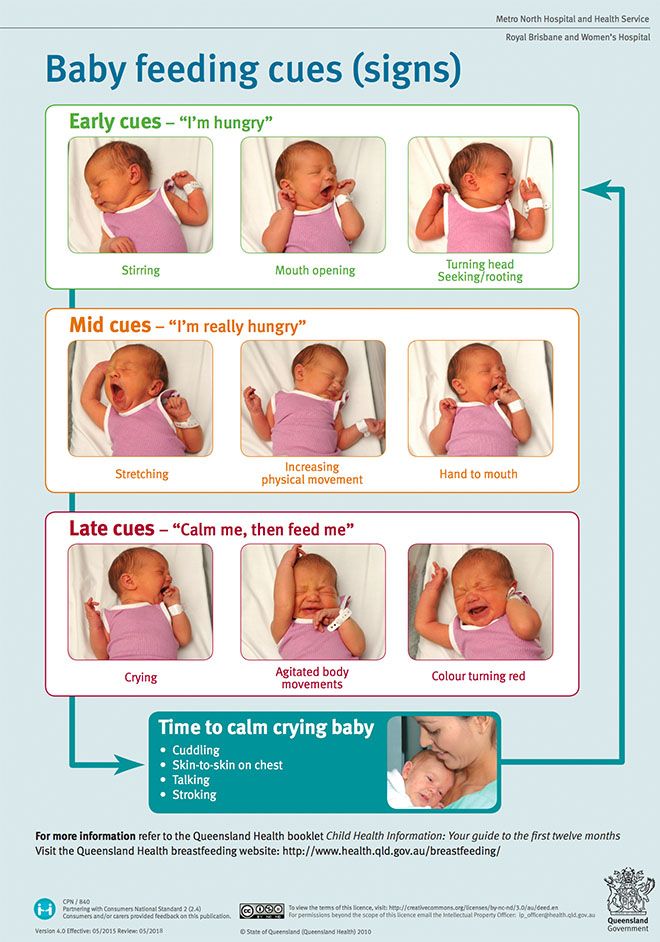 It will help the child to harmoniously develop emotionally, mentally and physically, to spend the day cheerfully, actively and without overwork. So when (or if) your little one starts refusing to go to bed during the day, use the tips in this article and try to save your child's daytime rest.
It will help the child to harmoniously develop emotionally, mentally and physically, to spend the day cheerfully, actively and without overwork. So when (or if) your little one starts refusing to go to bed during the day, use the tips in this article and try to save your child's daytime rest.
If you feel that you are losing ground :
First, exhale and hug yourself. You are the best parent for your child.
Second, use BabySleep. Download the Sleep Secrets for 10-36 Months Baby Sleep Guide, or seek advice.
Thirdly, look at your baby. If he stopped sleeping during the day, but feels good, is usually in a good mood and sleeps long enough at night - leave daytime sleep in the past without regrets.
Sources :
[1] Scientific article: Jones C H, Ball H L. Napping in English preschool children and the association with parents' attitudes // Sleep Med.





